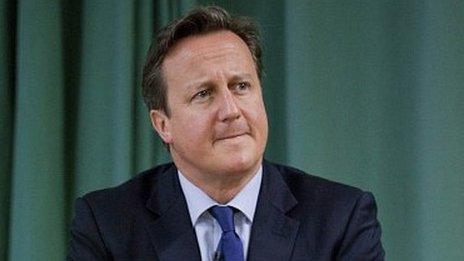EU Commission head Juncker broadens attack on Cameron
- Published
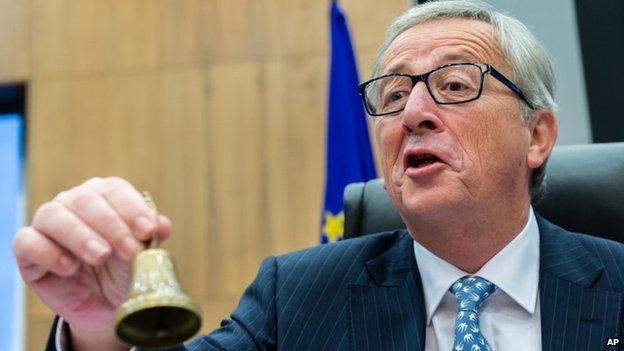
Mr Juncker is already at odds with Mr Cameron after only days in the job
European Commission President Jean-Claude Juncker has launched a fresh attack on David Cameron, suggesting he "has a problem" with other EU leaders.
Mr Juncker said he was "not frightened" of national leaders and would not accept "unfair or unjust" criticism.
The UK is at odds with Brussels over its demands for a £1.7bn top-up payment to EU funds by the end of month.
The prime minister, who opposed Mr Juncker's appointment, says he will not pay the full sum.
Mr Cameron has said he will not meet the 1 December deadline set by the commission for the 2.1bn-euro EU surcharge and wants the final sum significantly reduced.
Downing Street said negotiations were continuing on the issue ahead of Friday's meeting of EU finance ministers in Brussels.
This followed an unconfirmed Reuters report suggesting that any reduction in the total amount had been ruled out but the UK would be allowed to pay the sum in interest-free instalments.
Mr Juncker held his first press conference since taking up the job, as Mr Cameron clashed with Ed Miliband in the Commons over his aim of renegotiating the UK's membership of the European Union and holding a referendum on whether to remain a member in 2017.
'Going nowhere'
The Labour leader said the planned renegotiation was "going nowhere" in the face of German opposition and Mr Cameron "dare not say" whether he would be prepared to campaign for the UK to leave the EU if he did not get what he wanted.
In response, the prime minister said he wanted the UK to stay in a "reformed EU" and accused Labour of running scared of giving the electorate the final say over Britain's future in Europe.
"What we have is a set of things we want to sort out in Europe - we want to sort out safeguards for the single market, get out of ever-closer union and we want reform of immigration.
"But here is the difference - we have a plan. He (Ed Miliband) has no plan."
Ed Miliband presses the prime minister about the UK's future in the EU, but is asked why he is frightened to offer a referendum
Mr Cameron has said the UK would not pay the 2.1bn-euro EU surcharge requested by the commission by 1 December and wants the total sum significantly reduced.
Italy and the Netherlands are among other countries to have been asked to pay more following a recalculation of countries' economic performances - but France and Germany are set to receive rebates.
Mr Juncker had already criticised Mr Cameron and his Italian counterpart, Matteo Renzi, for their behaviour after last month's European Council meeting, suggesting they had said one thing about the budget during the leaders' gathering and another to the media afterwards.
The former Luxembourg prime minister has now broadened his attack on Mr Cameron, one of two EU leaders to oppose his choice for the EU's top role earlier this year.
"I'm happy that the commission be fairly criticised, but I don't accept unfair or unjust criticism," he told journalists in Brussels.
When asked about his relationship with Mr Cameron, he added: ""I don't have a problem with David Cameron, he has a problem with the other prime ministers."
'Hefty fine'
Speaking on Tuesday, Mr Juncker said the way that the UK had portrayed the row over its additional contribution to the EU's annual budget was "not correct".
The row over the bill has added to the pressure on Mr Cameron, ahead of this month's Rochester and Strood by-election where the UK Independence Party is hoping to take the seat from the Conservatives.
UKIP, which wants the UK to leave the EU immediately, said Mr Cameron's claim that we would be able to re-negotiate the sum was "pie-in-the-sky".
"There is a clear consensus among the euro elite that the UK taxpayer will be paying the £1.7bn surcharge, if not, we should expect a hefty fine," Jonathan Arnott, one of its MEPs, said.
The commission's surcharge followed a statistical review of national incomes that showed that Britain's economy had performed better that previously thought - which in turn meant that it was obliged to make an extra contribution to the EU budget.
It also emerged on Wednesday that the EU misspent about £5.5bn ($7bn) last year, according to its auditors. This is about 4.7% of its annual budget.
The European Court of Auditors (ECA), external highlighted "errors" in budget allocations, including for energy, transport, environment, fisheries and health.
- Published5 November 2014
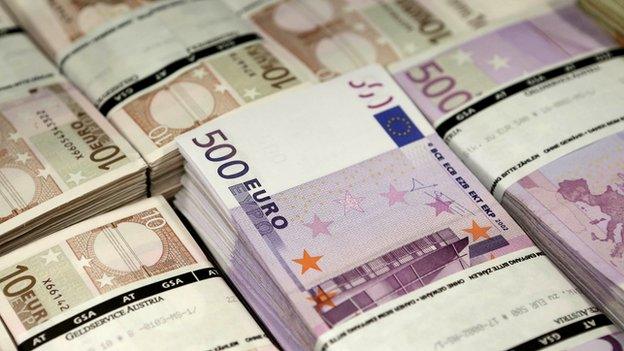
- Published4 November 2014
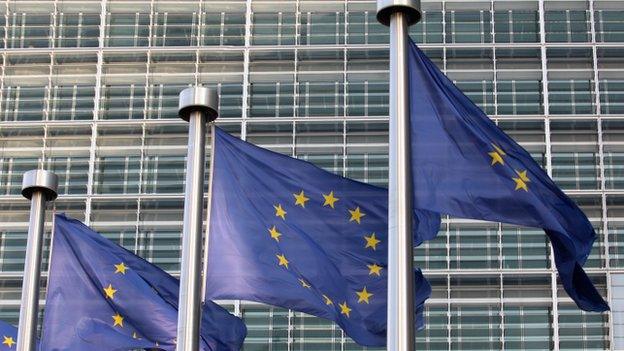
- Published24 October 2014
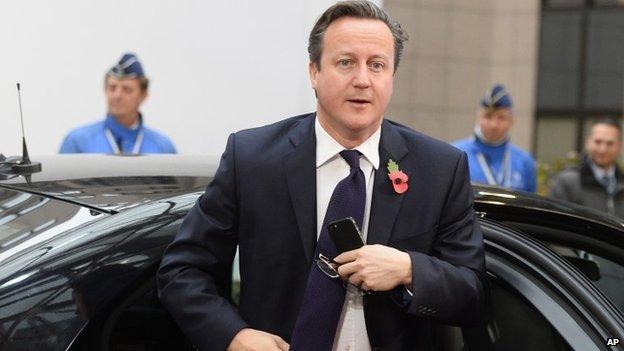
- Published24 October 2014
- Published23 October 2014
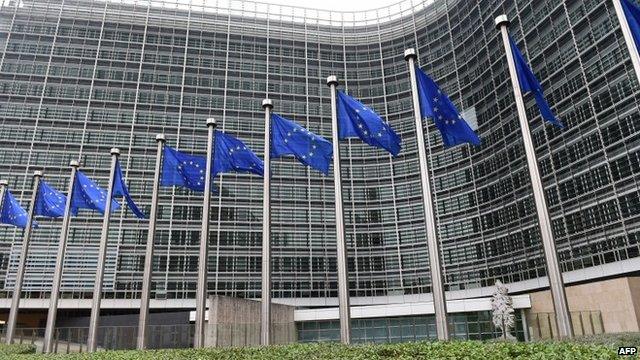
- Published20 October 2014
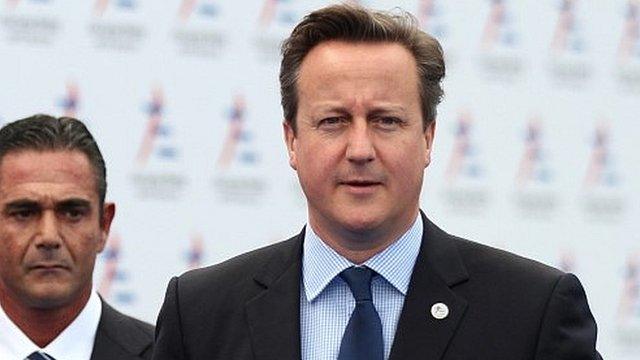
- Published16 October 2014
